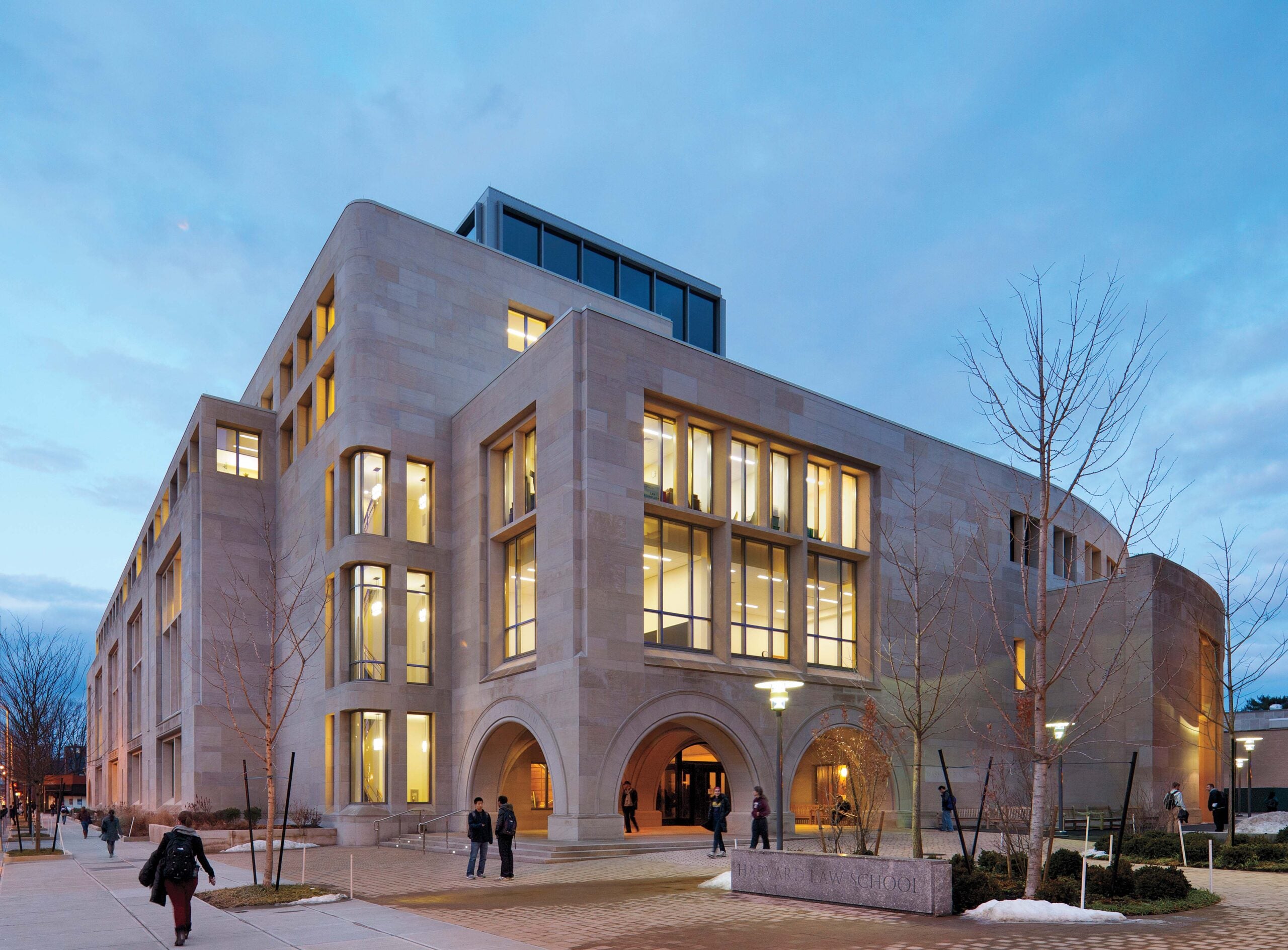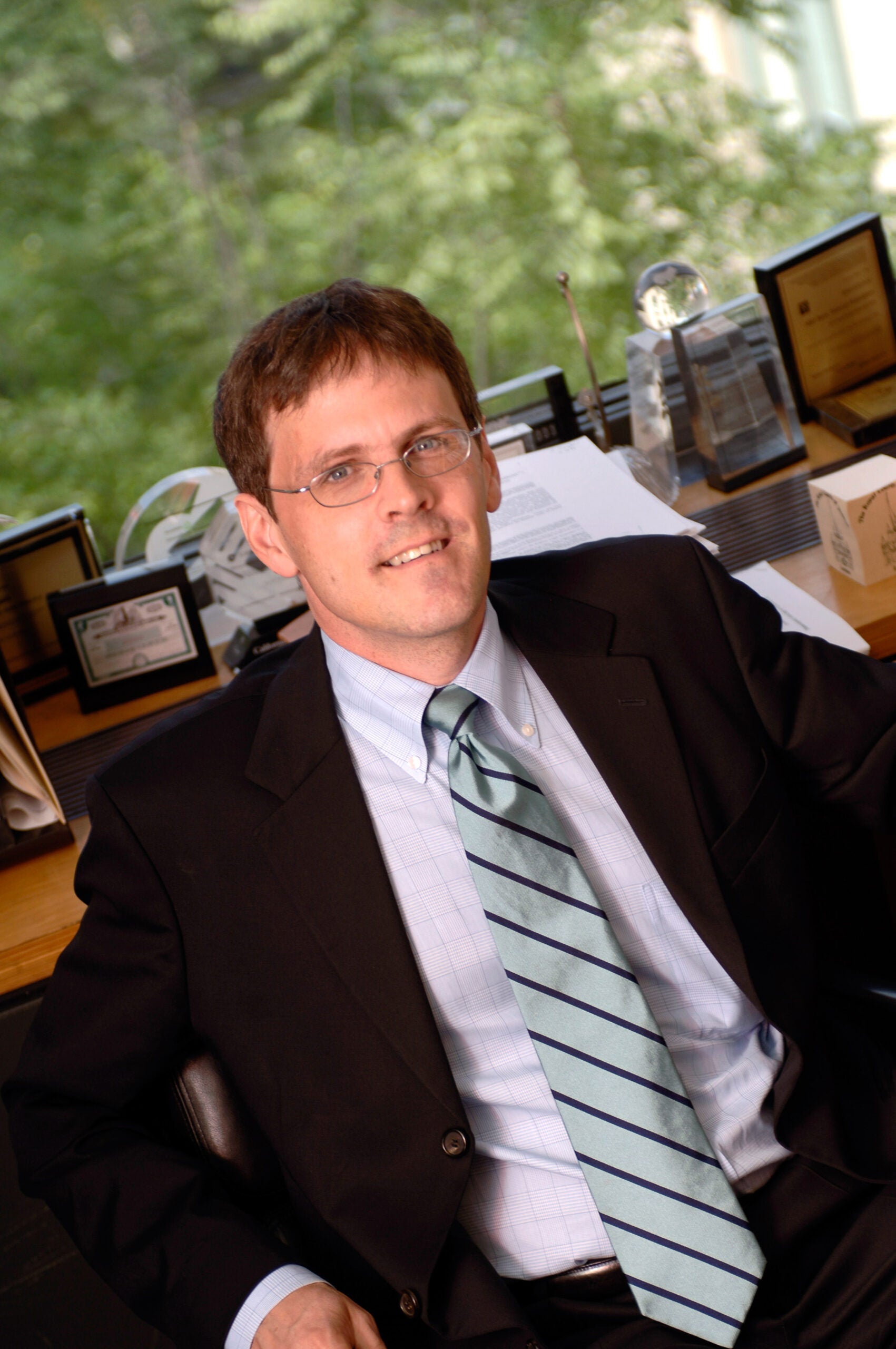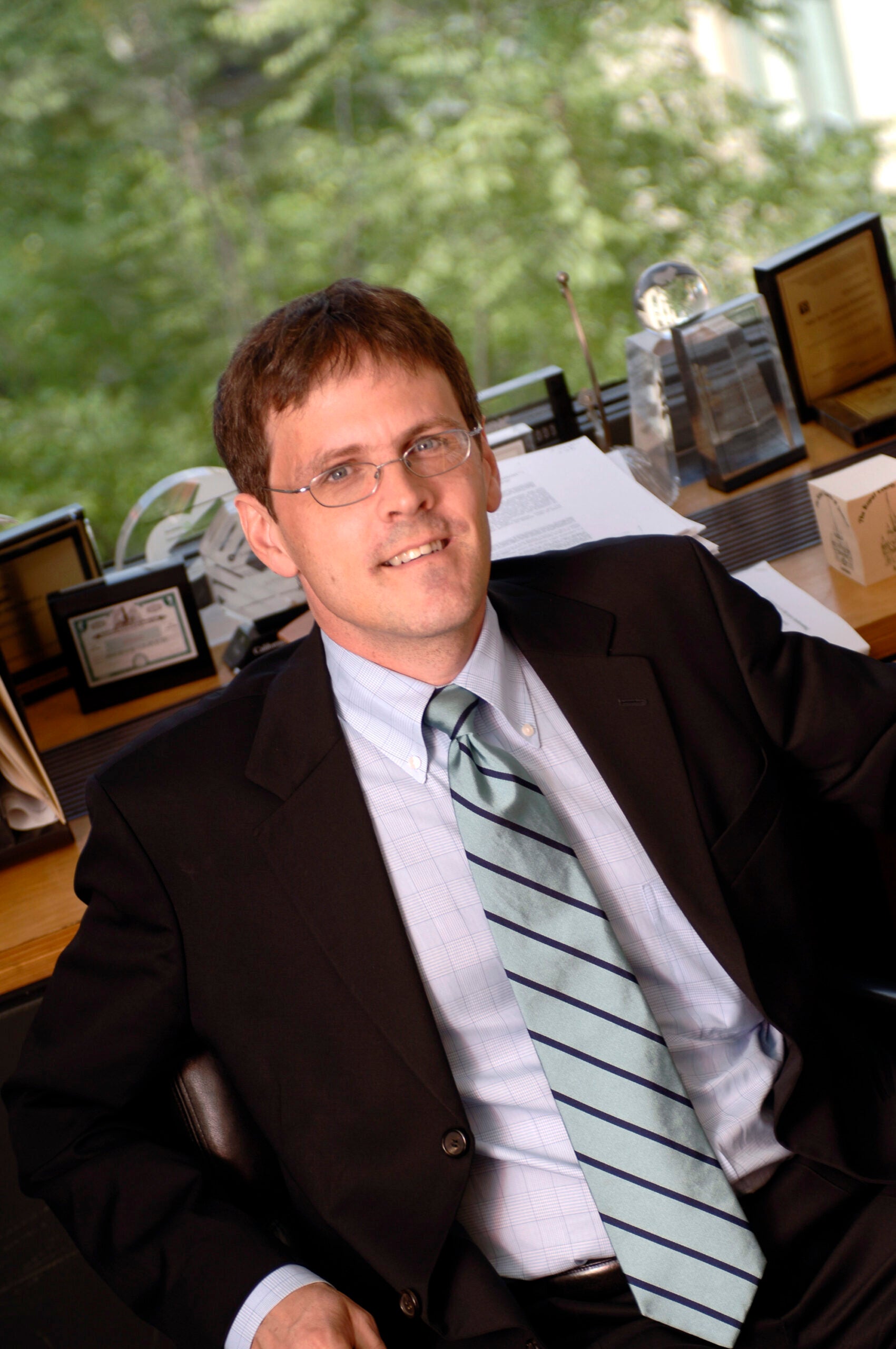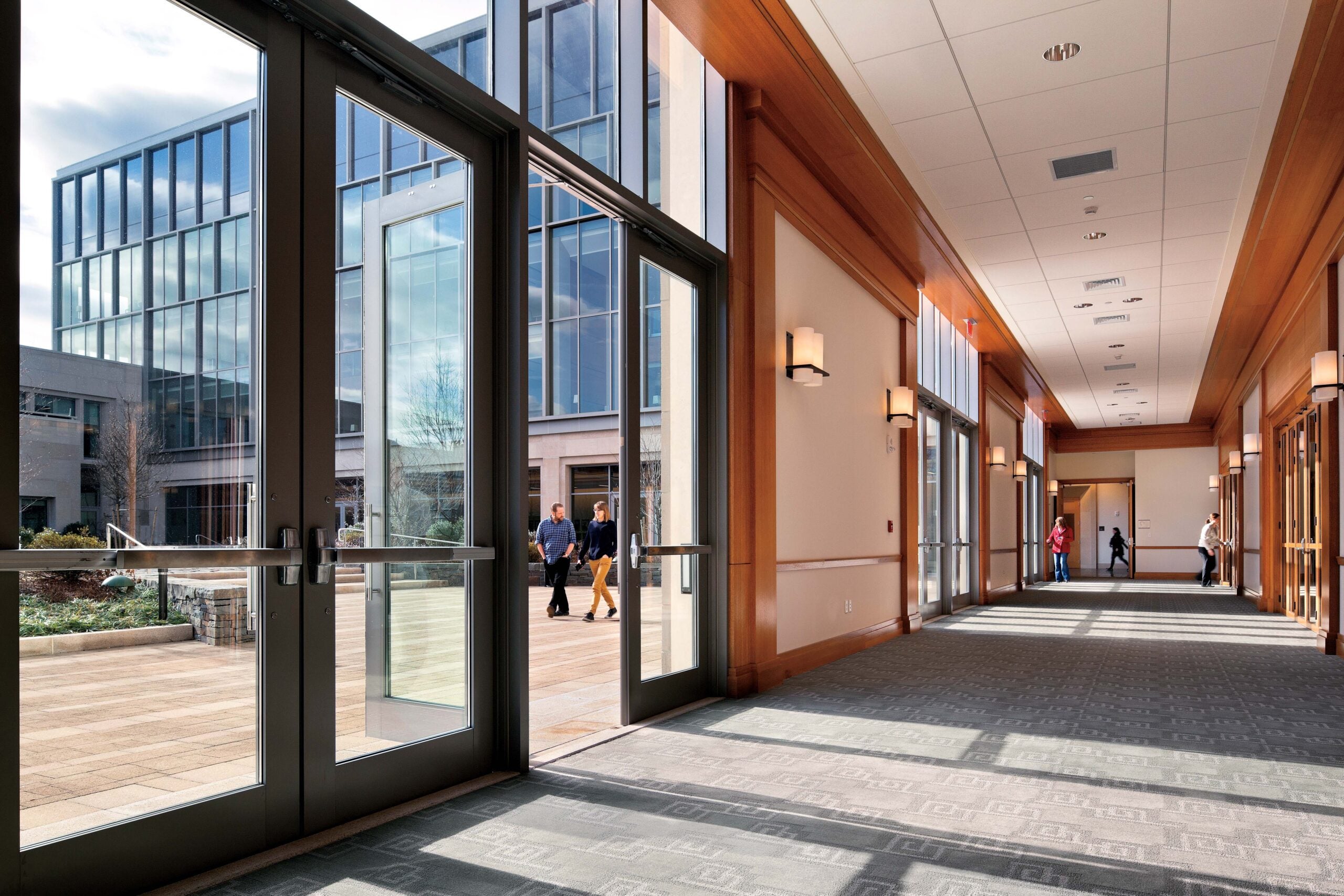People
John Coates
-
The MAC wall has been breached! Should deal lawyers worry?
October 3, 2018
In a landmark 247-page opinion issued Monday, Vice Chancellor Travis Laster of Delaware Chancery Court concluded that the German healthcare company Fresenius can walk away from its $4.75 billion deal to acquire the U.S. generic drugmaker Akorn because Akorn’s business experienced a material adverse effect after the agreement was signed...I asked three law profs – Brian Quinn of Boston College, John Coates of Harvard and Albert Choi of the University of Virginia - for their early thoughts on the implications of Vice Chancellor Laster’s decision.
-
Indexed Investments and “The Problem of Twelve”
September 17, 2018
John Coates has a thoughtful paper on the legal and economic challenges of “the problem of twelve,” the prospect of a majority of shares in public companies being managed by just twelve entities, in effect twelve people. "[T]he rise of indexing presents a sharp, general, political challenge to corporate law. The prospect of twelve people even potentially controlling most of the economy poses a legitimacy and accountability issue of the first order – one might even call it a small “c” constitutional challenge."
-
The Crisis Was in the System
September 17, 2018
...Here is a recent paper by John Coates of Harvard Law School with the imposing title “The Future of Corporate Governance Part I: The Problem of Twelve.” The “problem of twelve” is his name for “the likelihood that in the near future roughly twelve individuals will have practical power over the majority of U.S. public companies”: We are rapidly moving into a world in which the bulk of equity capital of large companies with dispersed ownership will be owned by a small number of institutions.
-
First Crack at Musk Could Give Top Tesla Funds an Edge
August 21, 2018
Information about Elon Musk's efforts to take Tesla Inc private is scarce. But some small investors wonder if top funds have an edge...Harvard Law School professor John Coates said U.S. Securities and Exchange Commission rules on fair disclosure allow the selective sharing of some details if recipients agree not to trade until what they are told becomes public. But it is hard to know how those limits might play out for Musk's outreach. "With Tesla however nothing normal is normal. So who knows," Coates said via email.
-
Musk’s plan to take Tesla private and allow outside shareholders is not an easy path
August 13, 2018
Going private is not as easy as it looks, especially if you go down a path proposed by the mercurial Elon Musk, founder and largest shareholder of Tesla Inc...John Coates, a professor of law and economics at Harvard Law School, told MarketWatch in an email, “I know of no legal way to offer public shareholders of a listed company an equity security while also going private. I also know of no legal way to offer $X billion worth securities of any kind to more than 35 unaccredited investors without registering with the SEC.”
-
A Promise Elon Musk And Tesla Can’t Break
August 13, 2018
It's no secret Elon Musk and Tesla have been afforded considerable leeway by their loyal following of shareholders...Generally, it is 'qualified' or 'accredited' investors who have the ability to own stock in private companies, or buyouts. "I know of no legal way to offer public shareholders of a listed company an equity security while also going private," says John Coates, an expert in mergers and transactions at Harvard Law School. He adds by email to Forbes, "I also know of no legal way to offer $X billion worth securities of any kind to more than 35 unaccredited investors, without registering the offering with the SEC."
-
...It is illegal for a director or officer of a public company “to knowingly or recklessly make material misstatements about that company,” said John Coates, a professor at Harvard Law School who teaches mergers and acquisitions. Mr. Musk’s “tweets seem cryptic at best, and it is hard to see how he has complied with his duty to not be misleadingly incomplete.”
-
The Purpose of the Corporation Isn’t Lobbying
June 13, 2018
...But since the late 1970s, despite a “Reagan revolution” inspired in part by Friedman, the scope of the U.S. government has arguably increased, while business’s influence over it has surely grown. The academic study of this influence has over the years focused largely on campaign donations and lobbying expenditures, and it has not come to particularly strong conclusions. But some of the most dramatic examples of increased corporate sway aren’t directly linked to such spending. The U.S. Supreme Court, for example, has since the 1970s used a novel interpretation of the First Amendment to assert ever-stronger protections for business, as John Coates of Harvard Law School described in an impassioned 2015 essay.
-
Harvard Law Professors Top Citation Rankings
January 31, 2018
Twelve of the top 100 most-cited law professors of all time teach at Harvard Law School, according to the Social Science Research Network—and professors Lucian A. Bebchuk and Steven Shavell took the first two spots. An electronic service that aims to make research papers and scholarly articles easily accessible, the SSRN contains over 650,000 documents by more than 360,000 authors...“The rankings reflect the significant impact that the Harvard Law School faculty has on policy research and the legal academy,” Bebchuk wrote in an email. Law Professor Cass R. Sunstein ’75, who ranks in fourth place with 1,484 citations, said he thinks there is a significant benefit to publishing work on SSRN. “I think it’s a good thing if you have a paper that’s published and that could benefit from the comments and criticisms of others,” Sunstein said...The list also includes Law professors Louis Kaplow, Reinier H. Kraakman ’71, Mark J. Roe, Jesse M. Fried ’86, Alma Cohen, Allen Ferrell, John Coates IV, Oren Bar-Gill, and J. Mark Ramseyer.
-
HLS faculty maintain top position in SSRN citation rankings
January 24, 2018
Statistics released by the Social Science Research Network (SSRN) indicate that, as of the end of 2017, Harvard Law School faculty members have continued to feature prominently on SSRN’s list of the 100 most-cited law professors.
-
Powerless Stock Needs New Name, SEC’s Investor Panel Says
December 8, 2017
Companies that keep control by giving public investors little to no say in board elections and other matters shouldn’t be allowed to call the shares they sell common stock, according to a panel advising the Securities and Exchange Commission...“If you take a security public and it has zero voting rights, I don’t think that’s common stock anymore,” Harvard Law School professor John Coates said at a committee meeting Dec. 7. Coates, a member of the committee, said the SEC’s staff “ought to think carefully” about when the label applies.
-
Coates named fellow of European Corporate Governance Institute
November 14, 2017
Harvard Law Professor John F. Coates has been named a fellow of the European Corporate Governance Institute (ECGI).
-
John Coates named fellow of American College of Governance Counsel
September 12, 2017
John Coates, the John F. Cogan, Jr., Professor of Law and Economics at Harvard Law School, has joined the American College of Governance Counsel as a Fellow.
-
Can President Donald Trump interfere with a merger because he hates CNN? His feud with the outlet probably hasn’t peaked...John Coates, a Harvard Law School professor who has done consulting services for the DOJ, told LawNewz.com point-blank that interference would break the law. “The DOJ has a long and sensible tradition of independence from the White House on enforcement policy, particularly in technical areas such as antitrust enforcement,” said Coates, who teaches a course on mergers and acquisitions.
-
Fox News Figureheads Suggest Trump Campaign Collusion with Russia would not be Illegal
June 27, 2017
A Fox News panelist made the case Sunday that the Trump campaign did not commit a crime if it colluded with Russia in the country's alleged interference in the U.S. election that went in favor of President Donald Trump...The current investigation under Mueller, and ongoing probes at the FBI and in Congress, are looking at the finances of Trump’s campaign members and associates. Election-law specialist John Coates, of Harvard University Law School, told Politifact that under the law against fraud, “it is a federal crime to conspire with anyone, including a foreign government, to ‘deprive another of the intangible right of honest services.’” Coates added that discussions between a campaign and a foreigner to achieve such a thing would violate the law. "That would include fixing a fraudulent election, in my view, within the plain meaning of the statute," he said.
-
Senators Focus on Board Cyber Skills in Disclosure Bill
March 17, 2017
Public companies could be required to disclose whether they have board members with cybersecurity expertise under bipartisan legislation introduced by three U.S. senators...Harvard Law professor John Coates told Bloomberg BNA that the proposal reinforces “what better-governed boards of directors already understand.” Cybersecurity is a “first-order risk” in many industries, and institutional investors are evaluating public companies on how well they communicate their strategies for building their expertise and resilience against cyberattacks, said Coates, who teaches corporate and securities law.
-
Lawmakers Look to Curb Foreign Influence in State Elections
March 10, 2017
Amid concerns that Russia helped sway the 2016 presidential election, several states are considering legislation that would bar companies with significant foreign ties from contributing money in state campaigns. A long-standing federal statute bars noncitizens and foreign companies from donating directly to candidates or political parties at the federal, state and local levels. Another law prohibits businesses from directly donating to federal-level candidates or political parties. But the U.S. Supreme Court decision in the Citizens United case cleared the way for corporations and unions to pay for political ads made independently of candidates’ campaigns...“The board of a public company generally conceives of themselves as working for the shareholders,” said John C. Coates, a professor at Harvard Law School who testified in favor of the bill in Connecticut.
-
Corporations like Exxon are using spurious free speech claims to fend off regulation
February 14, 2017
An op-ed by Jeff Clements and John Coates. Why is the attorney general of Massachusetts, Maura Healey, being forced to justify to a Texas judge why and how she is doing her job? In the latest instance of the corporate takeover of the First Amendment — and other constitutional rights — Exxon Mobil, the world’s largest oil and gas corporation, has invented a constitutional right to obstruct state investigations into allegations of fraud. Investigations by the Massachusetts and New York attorneys general began late last year after the Los Angeles Times reported that Exxon scientists and executives have known for decades about the connection between fossil fuel consumption and the likelihood of catastrophic changes in the Earth’s atmosphere and climate.
-
HLS faculty maintain strong presence in SSRN rankings
January 19, 2017
Statistics released by the Social Science Research Network (SSRN) indicate that, as of the end of 2016, Harvard Law School faculty members have continued to feature prominently on SSRN’s list of the 100 most-cited law professors.
-
Big Deals Beget Big Merger Contracts
November 7, 2016
As M&A transactions have increased in size over the years so have their contracts. The average merger agreement has more than doubled in length over the past 20 years, according to new research from John Coates, a Harvard law professor. Contracts have gone from about 17,000 words in 1994 to nearly 45,000 in 2014. Some of the added heft is a response to new regulations, Mr. Coates found.
-
PHH Decision May Not Subject CFPB to Cost-Benefit Order
November 4, 2016
A recent federal appeals court ruling that gives the White House more power over the Consumer Financial Protection Bureau doesn't necessarily mean it will now be subject to the same cost-benefit mandates as other federal agencies. ... John Coates, a Harvard Law School professor, said Executive Order 12866 explicitly excludes “independent regulatory agencies,” as listed at 44 U.S.C. 3502(10). And the CFPB was specifically included by Congress when the agency was created. “Nothing in the PHH decision purported to interpret, address or even refer to this clear statement of Congressional intent. Nothing that I saw in the Hensarling letter addresses it, either. It remains law,” he said.



